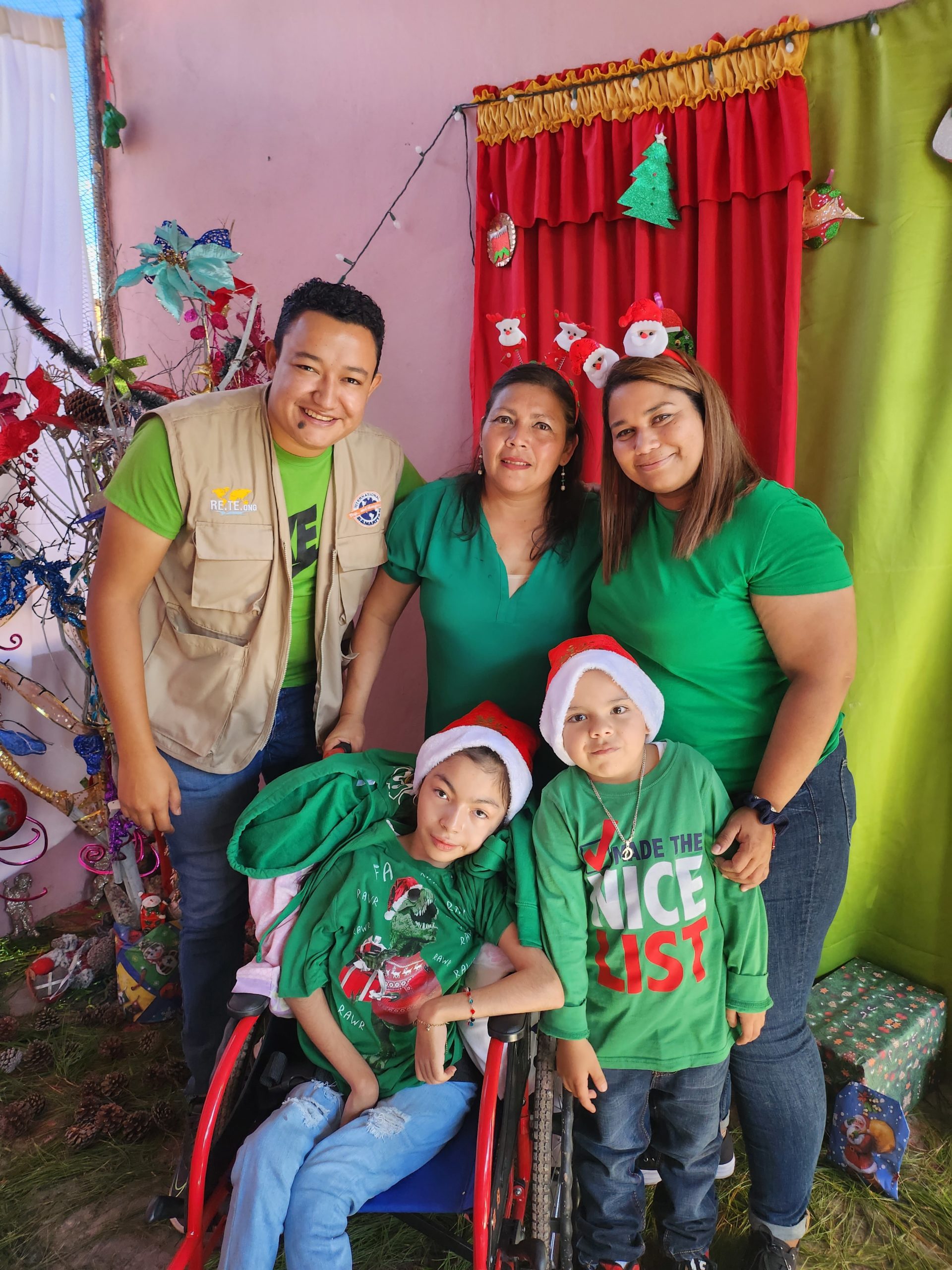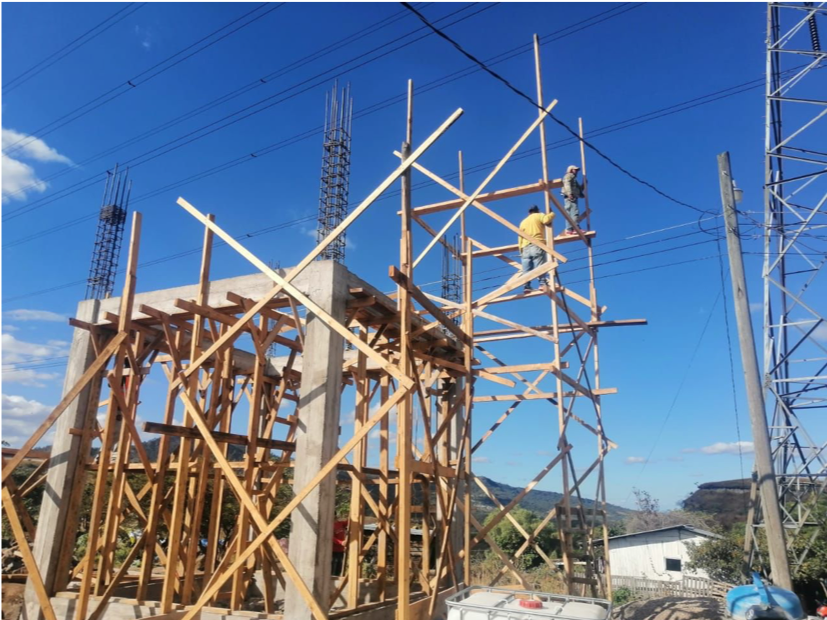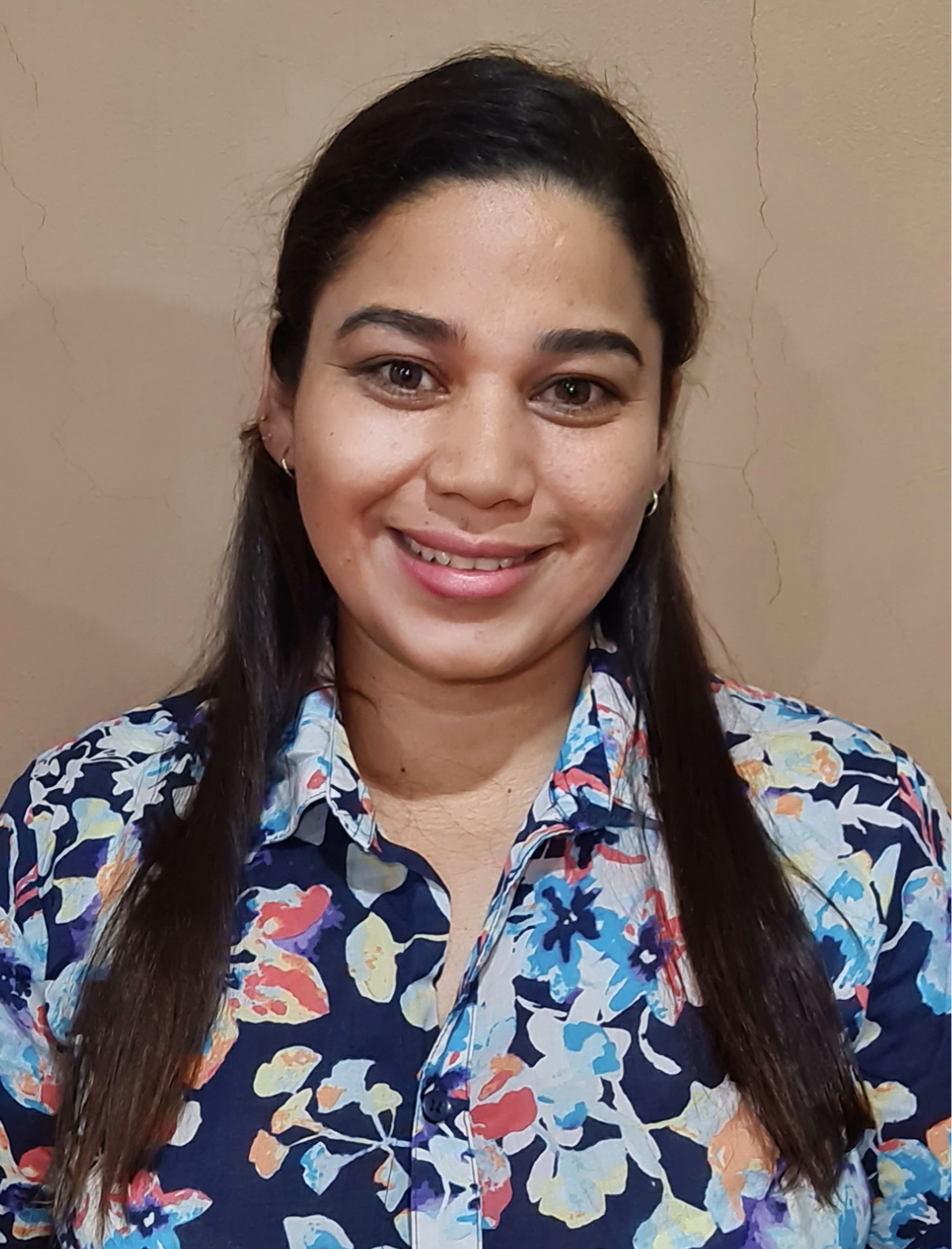

Can you imagine a day without water in your house, in your office, in your hotel, in your neighborhood? You could survive, no problem. One day goes by fast, and you could manage. But what about not having water every day? Or only having water twice a month? You could manage by buying water from the trucks that sell it. If you receive it only twice a month, you learn to conserve and can manage to survive the month. But what happens when you don’t have money to buy it, and you don’t receive it twice a month?
Well, that has been the situation of the people who live in the Buen Samaritano community, made up of about 2,800 people—boys, girls, youth, adults and senior citizens whose income depends on garbage collection. They earn approximately 4,000 lempiras ($162 USD) monthly—with luck. With those 4,000 lempiras, a worker must feed a maximum of six people, pay for electricity, clothing, supplies, shoes, and buy water. Clearly, this is not enough water, so people decide to take advantage of rainwater to cook, bathe, clean the house, and, above all, for drinking.
International Samaritan supports this community through the Step by Step Program, which is where I come in. My name is Ronia, and I have been working for International Samaritan for five years. My job is to walk alongside the scholarship recipients and their families and to support them with everything they need. Without a doubt, water is one of the most urgent needs of this community. One day I was doing a home visit at the house of one of our scholarship holders, Millie, and I totally forgot about their water source. Without thinking twice, I asked if they could give me a glass of water. When I remembered, I already had the water in my hands, and to avoid making the family feel bad, I drank two gulps of that water. I thought I was going to get sick, but thank God nothing happened to me, and now I understand why that happened. I was inspired to realize that these families needed a clean water system.

Ronia with Millie’s family at Christmas
Inspired by this event, I asked International Samaritan President Mike Tenbusch to support us. He said it’s a lot of money, but we persevered! I persisted in conversations with Mike, and Mike persisted in conversations with God, hoping that the board of directors would approve the project. Finally, it was approved. I feel super happy because it’s happening. It’s real! Buen Samaritano will have water. It seems simple, but it has been and continues to be a project in which God has used many people to make change—students, teachers, fathers, mothers, business professionals, churches, pastors, volunteers, international friends, and international teams. What can I say about all the donors who have supported us? God knows why he has put them on this mission.
I feel super happy to see the progress of the project and the joy of many families with their water system. It is a dream come true, and many cannot quite believe it. Thank you all for your support, thank you for changing lives, and thank you for improving the living conditions of the most vulnerable. Thank you—I am writing these words to thank you for all your support. To all of you who have contributed your part, God knows my joy. I do not live in the Buen Samaritano community, but I feel I’m a part of it. God put me there, and for all of you who support us, we give God infinite thanks.
How does the Water Project work? The main pipe to the entire community is being installed, as well as the connections for each house, a tower to install the main water storage tank and one water tank per family. A tank with a capacity of 10,000 gallons is being built that will store water to be distributed to the entire community, providing water twice a week to each family and an eco-filter to each family. These families will receive training and advice on washing their tanks so that clean water is guaranteed.

Tracks of underground plumbing

Building an area water tower

A finished home water tank

Ronia Romero, Program Manager
Ronia has a degree in Foreign Languages with a concentration in English. For many years, Ronia has dedicated herself to expanding opportunities for children, adolescents, and adults who work in the Tegucigalpa municipal dump.
Faith, Hope, Love
I see our organization as a beacon of light, a force for good. The Samaritan Scholars and team...
A 180-Degree Turn
Working as our Program Director in San Pedro Sula, Honduras, I regularly see one of the worst...
8 Over 80
In just about every big city, a 40 under 40 list is published each year to recognize 40 people...
Filling the Gap
A note from Mike ...In our mission to help people break out of poverty, we find it helpful not...
A Race to Remember
Every year, we host a global 5K run, aiming to raise funds to support education for young...
Now That’s a Trip
This is kind of a big year for International Samaritan. Thirty years ago this summer, we were born...
